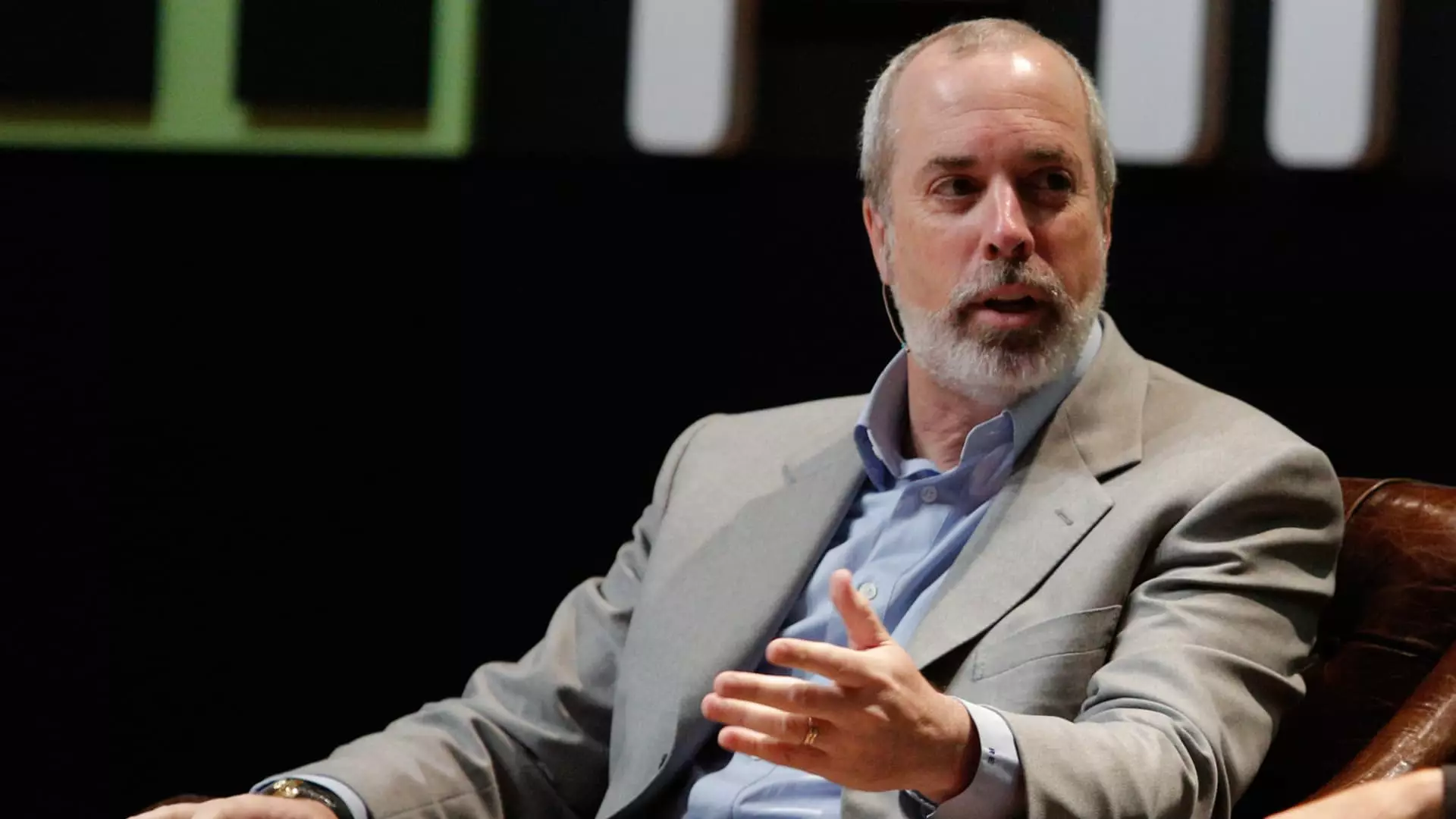The pressing call for enhanced financial literacy among Americans has never been more crucial. Ric Edelman, a prominent figure in personal finance, has bluntly stated, “We stink at it.” This piercing observation encapsulates a broader issue that transcends mere individual ignorance; it highlights a systemic failure in our educational infrastructure. Financial illiteracy is not just a personal drawback; it’s a national crisis that hamstrings the potential of countless individuals and families. As we strive to navigate an increasingly complex financial landscape, we must confront the grim reality that vast swaths of the population lack the fundamental knowledge necessary to make sound financial decisions.
The Changing Landscape of Longevity and Financial Planning
Edelman points out an essential shift in demographics—baby boomers are the first generation to commonly expect to live well into their 80s and beyond. This seismic change impacts the traditional models of financial planning. Prior generations saved with the expectation that they would not need extensive retirement funds, as life expectancies rarely stretched past the retirement years. Today, however, the stakes are steeper. People not only need to plan for a longer retirement but must also navigate a landscape where standard investment strategies, like the 60-40 stock-and-bond portfolio, may no longer suffice.
The assumption that you could simply retire and rely on traditional savings is outdated. With medical advancements and better living conditions, Americans face a new reality: how to manage potentially stagnant resources over a duration that could extend for decades. Ignoring this reality could spell disaster—particularly for those who are still relatively young and tend to embrace risky get-rich-quick schemes instead of prudent, sustainable investing strategies.
Deconstructing the ‘Get-Rich-Quick’ Mindset
Edelman’s worries about younger generations gravitating towards gambling-style investments are not unfounded. The explosive rise in options trading, particularly among retail investors, illustrates this trend starkly. With reports indicating that nearly half of retail investors engaged in the options market as of 2022, there is a worrisome tendency towards treating investing as a game of chance rather than a disciplined exercise of wealth-building.
The rise of tech-savvy platforms that glamorize high-risk trades raises alarms about the viability of long-term financial health. Many young investors, eager to bypass traditional routes to wealth, fall prey to sophisticated marketing that promotes short-lived gains over sustainable investment strategies. Incredibly, financial literacy appears to be surfacing not from educational institutions but instead from social media soundbites that often oversimplify and sensationalize complex topics.
The Perils of Misinformation
The phenomenon of turning to TikTok and Instagram for financial advice is alarming. While these platforms can provide valuable perspectives, they notoriously lack accountability and rigor. Simple advice masquerading as wisdom often goes unchecked, misleading young adults who are hungry for guidance. Edelman emphasizes the importance of obtaining financial education from credible and trustworthy sources—a lesson that should resonate for those of us navigating the intoxicating allure of social media.
As institutions prioritize flashy engagement over substantive education, our youth suffer. Rather than arming themselves with the necessary tools to achieve financial independence, they often find themselves at the mercy of trends and fads that celebrate superficial success over strategic thinking.
Steps Toward Progress: A Glimmer of Hope
Despite these challenges, there’s a budding hope for the future. Progress has been made at the legislative level; states like Utah have pioneered financial literacy requirements for high school students. By 2021, 27 states mandated a semester-long personal finance course for graduation. It’s a slow but crucial shift, acknowledging that equipping students with the knowledge to manage their finances effectively is essential for enabling informed decision-making later in life.
Moreover, the attitudes among younger generations are changing. They see the financial pitfalls that befell their parents and are increasingly motivated to forge a different path. The willingness to learn and adapt is a vital asset as they face a complicated economic climate.
A generation that proactively seeks to understand financial issues, challenge established norms, and question outdated financial products is a beacon of optimism. While navigating through a landscape rife with misinformation and complexity, a critical first step lies in encouraging transparency and accessibility in financial education. Empowering individuals with the knowledge they need to make informed financial choices may very well reshape our economic future for the better.

